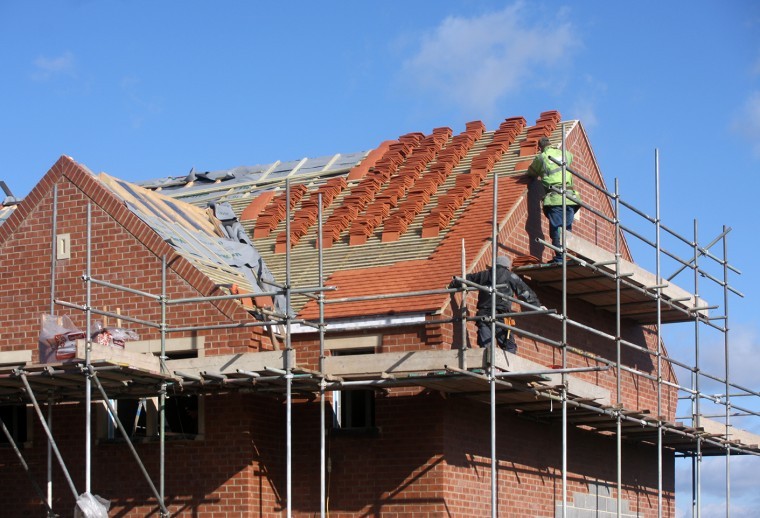Rural property agents Smiths Gore say the move will help smaller regional house builders and landowners by exempting most developments of 10 homes or fewer from making contributions towards affordable housing and other planning payments.
Lee Scott, head of planning South East at Smiths Gore, said: “With demand for housing across the South East continuing to outstrip supply, any move which can help builders and landowners bring smaller sites forward must be supported. While there is a clear and pressing need for affordable housing too, making small sites unviable was not the way to deliver it.”
The new rules also establish a lower threshold of five dwellings in national parks and areas of outstanding natural beauty (AONB), but local planning authorities are free to work to the higher figure.
Mr Scott added: “This change to legislation presents new opportunities for rural landowners to look again at sites which were unviable and make more effective use of their existing assets in and around towns and villages.
“Outside national parks and AONB, schemes of up to 10 dwellings, with less than 1,000 square metres of floor space, will no longer be required to provide on site affordable homes or contributions towards affordable homes elsewhere.
“The requirement to provide the contributions following completion on developments of six to 10 homes in national parks and AONB will help with developer cash flow and increase delivery in these areas, making sites more viable.”
The government estimates that the policy will save an average of £15,000 per dwelling in section 106 housing contributions.
Local councils can still seek obligations for site specific infrastructure, such as improving road access and provision of adequate street lighting, where this is appropriate to make a site acceptable in planning terms.
These types of contributions should only be required where they are necessary to make the development acceptable in planning terms, directly related to the development, and fairly and reasonably related in scale and kind. Developers will however still be required to contribute towards community infrastructure levy, if one is in place.
Smiths Gore believes that this change will be a big step forward in providing housing in rural areas and will help bring forward sites which up until now have been considered unviable or marginal in these areas.




